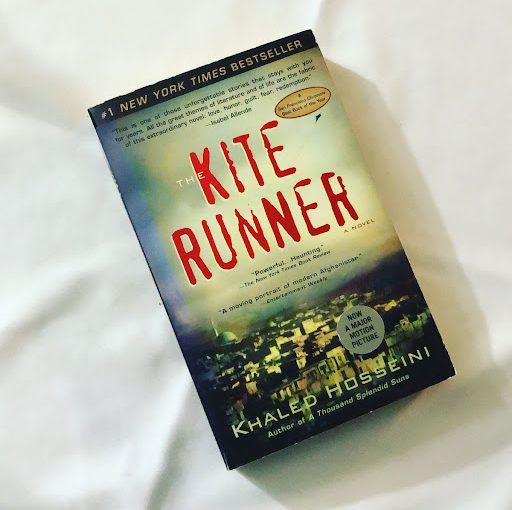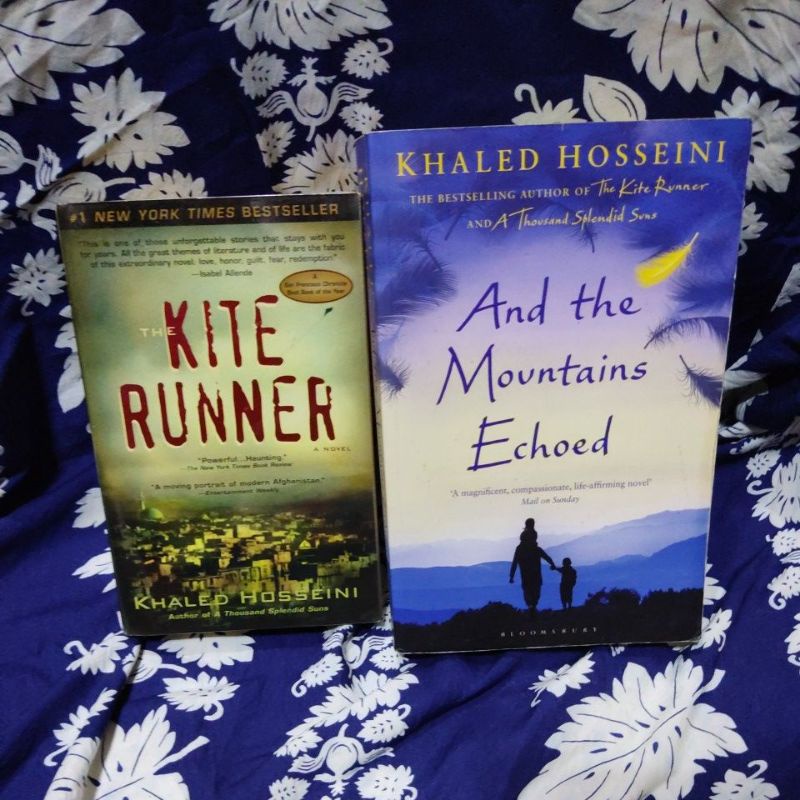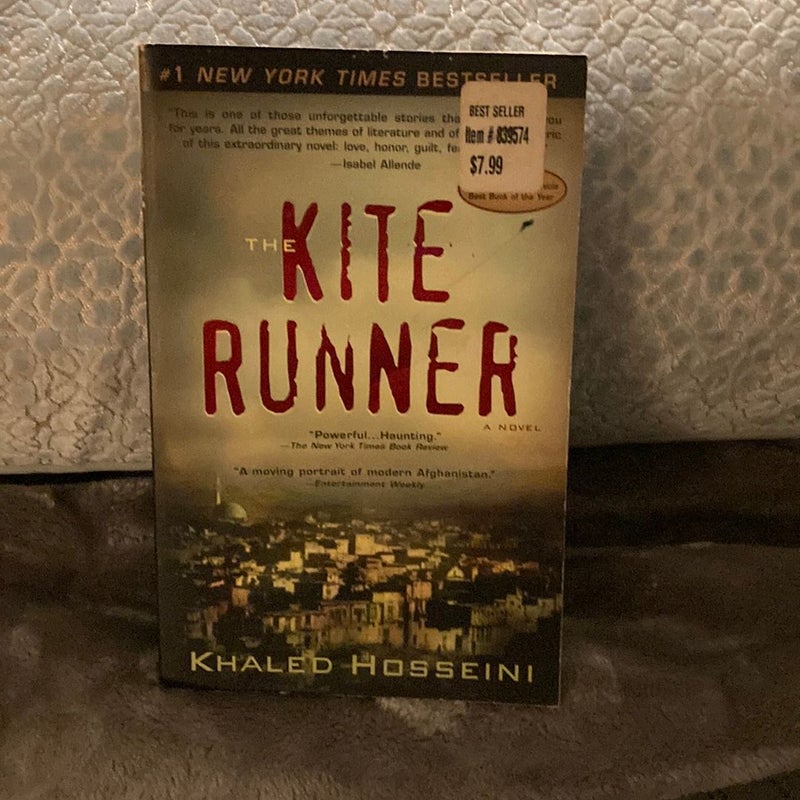Historical Context of The Kite Runner
Why is Kite Runner banned? “The Kite Runner” is a novel by Khaled Hosseini that was published in 2003. The story is set in Afghanistan and follows the life of a young boy named Amir who grows up in Kabul. The novel explores themes of friendship, betrayal, redemption, and the impact of war on individuals and families. The title “The Kite Runner” refers to a traditional Afghan sport of kite fighting, which plays a significant role in the story. The novel has been widely acclaimed for its powerful storytelling and emotional depth, and it has been adapted into a film and stage play.
Overview of the plot set in Afghanistan
“The Kite Runner,” set in Afghanistan, follows the deep bond between two boys, Amir and Hassan. Their friendship is tested by a harrowing event at a kite flying contest. Amir witnesses Hassan’s assault and becomes overwhelmed with guilt. After framing Hassan for theft, Amir’s life takes many turns, including fleeing to the US and a later quest for redemption. Why is Kite Runner banned? The novel covers themes of loyalty, redemption, and the complex relationship between fathers and sons, against the tumultuous backdrop of Afghan history.
Depiction of cultural and socio-political elements
Khaled Hosseini’s novel paints a vivid picture of Afghan culture and the impact of political turmoil on personal lives. It provides insight into the ethnic tensions, like those facing the Hazara minority, through the character of Hassan. The book also explores the effects of the Soviet invasion, the rise of the Taliban, and the resulting refugee crisis. Through its characters’ experiences, “The Kite Runner” invites readers to understand the cultural and socio-political climate of Afghanistan while engaging with universal human emotions and conflicts.
Reasons for Bans and Challenges
The novel “The Kite Runner” by Khaled Hosseini has faced numerous challenges and bans. These instances stem from several contentious elements in the book.
Allegations of sexually explicit content and offensive language
Critics have targeted “The Kite Runner” for its explicit content. The book includes scenes of sexual assault and uses language that some find offensive. These elements often lead to its removal from school reading lists.
Content addressing violence and trauma
The story delves into topics of violence and trauma. It portrays brutal realities, including assault and wartime horrors. Such graphic depictions have sparked debates on age-appropriateness.
Depictions of homosexuality and religious viewpoints
“The Kite Runner” also touches on homosexuality and religious themes. It presents characters and incidents that question dominant cultural and religious ideologies. Some argue that it challenges traditional beliefs, leading to further bans.
Impact of Bans on Education and Literature
Effects on educational curriculum and student exposure
Bans on books like ‘The Kite Runner’ can have a significant impact on education. They can limit the range of ideas and perspectives offered within a curriculum. Students might miss out on rich, diverse narratives that foster empathy and awareness. With fewer challenging texts, the scope for critical thinking may narrow. Bans can also deny students insight into different cultures, historical contexts, and complex social issues.
Author’s perspective on book bans and educational betrayal
Khaled Hosseini has voiced his concerns about book bans. He feels they betray students rather than protect them. He argues that to ban his book is to hinder students from gaining a broader human community understanding. Hosseini suggests that books like his equip students with empathy and a fuller sense of self. He believes in challenging them with complex themes to grow as individuals.
Influence on cultural understanding and empathy
‘The Kite Runner’ enables students to explore Afghan culture and the realities of war and friendship. Such books can build cultural understanding and empathy. When students read about lives unlike their own, they learn to connect and feel for others. This growth in empathy can have long-lasting positive effects on society. Yet, when books face bans, these opportunities are cut short. The potential for personal and social growth within educational settings is thus compromised.
Legal and Social Reactions to Bans
Banning ‘The Kite Runner’ has triggered various legal and social reactions.
School board decisions and parental objections
School boards often face the tough decision of whether to keep or remove the book from their curriculum. At times, they yield to parental pressure citing concerns over explicit content and the portrayal of sensitive issues. For instance, in certain districts, parental objections focusing on the explicit sexual scenes and offensive language have led to the removal of the book.
Community and student responses to book removals
Community members and students frequently react to book bans. Some support the idea, feeling that it protects the youth. However, many oppose the bans, arguing that they restrict educational freedom and limit exposure to diverse perspectives. In several cases, student-led initiatives aiming to bring ‘The Kite Runner’ back into their curriculum have been reported.
Legal implications of banning books in schools
The legal aspect of book banning in educational settings often revolves around the First Amendment rights. Legal challenges can arise when a book’s removal from schools is perceived as a violation of free speech. Historically, such cases have sometimes reached courts, emphasizing the ongoing debate between educational content control and freedom of expression.
Global Reception and Awards
The Kite Runner, by Khaled Hosseini, has enjoyed global acclaim since its publication. It has won numerous awards and is celebrated in many countries. However, it has also seen significant controversy.
International acclaim and recognitions
“The Kite Runner” received the South African Booker Prize in 2004. It was also voted as the Reading Group Book of the Year in 2006 and 2007. These recognitions indicate its profound impact and acceptance globally, notably for its vivid portrayal of complex human emotions and cultural insights.
Controversial reception in various regions
Despite its accolades, “The Kite Runner” has faced bans in various regions, notably in some U.S. schools and districts. The reasons often cite its explicit content and sensitive themes. The novel’s depiction of sexual violence and religious views has sparked significant debates about its suitability for educational curricula. Such controversies underscore the challenges it faces across different cultural and social landscapes.
Future of The Kite Runner
The future of ‘The Kite Runner’ in educational settings remains uncertain. Amidst its historical acclaim, the novel continues to face barriers, often emerging from parental concerns and school board debates. Based on the ongoing cultural discussions and varied responses from communities, the novel’s journey through the academic landscape is far from settled.
Ongoing challenges and debates in schools
Schools continue to wrangle with the decision to include or exclude ‘The Kite Runner’ from curricula. Challenges arise due to its content on sexual assault and graphic violence. Debates often focus on the book’s educational value versus its potential to disturb young readers. Despite these issues, the novel still garners strong support for its cultural insights and emotional depth. The discourse around it highlights the struggles in maintaining a balanced educational framework that respects diverse views.
Potential long-term impact on literary censorship
The contested status of ‘The Kite Runner’ could set precedents for literary censorship. If bans persist, they may encourage the exclusion of other books with complex themes. This trend could significantly affect literary diversity in education. It could also stifle critical thinking and empathy among students. Conversely, resistance to such bans may affirm the rights to free speech and educational integrity. The outcome might shape the approach to challenging content in schools and influence literary freedom for years to come.



